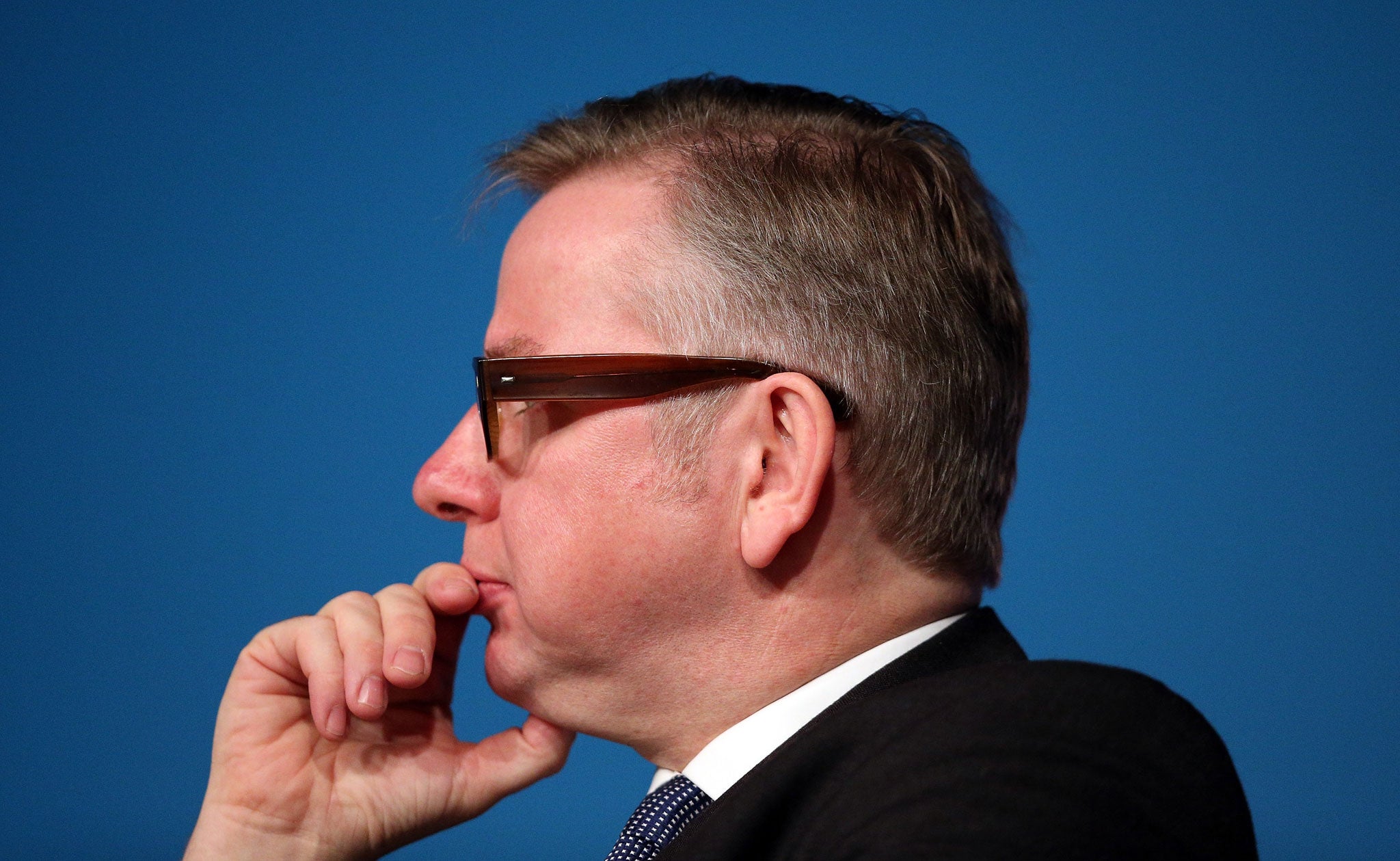Gove’s changes threaten Britain’s greatest asset: our creativity
As part of his quest for greater academic rigour, the Education Secretary plans to remove all arts subjects except English from the top tier of his Ebacc

Any attempt to improve standards in education is beguiling – at a superficial level. But Michael Gove has a knack for improving things backwards. His recent reinvention of A-levels seems doctrinaire, to put it politely, and follows hard on the heels of his plan to introduce a new Ebacc.
This plan for the Ebacc should be studied before it is applauded. And when you do study it, you’re likely to feel a frisson of deep anxiety. Because the Ebacc has a top tier of subjects, on which all the educational energy and emphasis will be placed. Meaning, of course, that any subject not in the top tier will quickly become a devalued currency. And the top tier, the subjects which will count for something in Gove-world, excludes any and every arts subject apart from English.
That doesn’t sound too dreadful, you may be thinking. But one of the great fallacies within Britain’s diminishing sense of identity is that we don’t make anything any more. It’s true that as a child I grew up with “Made in England” but as an adult I live with “Made in China”. And, of course, the traditions of shipbuilding on the Clyde and Tyne are in the past, as are the textile industries of Lancashire and Yorkshire. Yet we do still make things in Britain. We make different things for a different time – we make ideas. We are world leaders in creativity.
Front of the queue
The advertising business, once controlled globally by the US, is now dominated by WPP, a British company. Hard on its heels are younger British ad agencies, such as BBH, which have grown so fast that they now have offices in Singapore, New York, LA, Sao Paolo, Shanghai and Mumbai.
While it’s fashionable in London for the chatterati to be critical of the BBC, it’s seen the world over as a symbol of British excellence, and the World Service is universally admired. British architects, like Richard Rogers and Norman Foster, are designing buildings in just about every major international city. The music industry, like advertising, was once an American fiefdom but is now yet another creative arena where – thanks to an army of talent from the Beatles to Burial – we are a world force. In film and theatre, our actors, our writers, our directors are in demand not just here but everywhere.
Gove clearly thinks that subjects such as art, design and media studies are fluffy, soft options. But media studies is important now simply because the media is important now, in a way that it wasn’t before. Try telling James Dyson or Terence Conran that art and design don’t matter.
Gove’s unquestioning respect for the traditional way of doing things would be fine if we were still living in the days of empire, bowler hats and Dixon of Dock Green. But we aren’t. In the new order, where globalisation and instant communication have taken over, creativity and ideas have huge value. And that value is not just cultural, but financial, too.
No accident
Look at the extraordinary success of Apple: a colossal business, grown from nowhere in a generation. The products it makes – the iPhone, the iPad, the MacBook – are made largely in Asia not America. But what makes Apple great is not the making of products, it’s the making of ideas, the ability to imagine new and better ways of doing things. Apple can see the value of creativity, even if Michael Gove can’t.
This kind of creativity doesn’t happen by accident, it happens by education: an education in arts subjects to be precise. Arts subjects are, by their very nature, an inspiration to lateral thought in a way that other subjects can never be. So if we are grudging about the teaching of the arts, we can expect to be rewarded by a slowdown in national creativity –our gift for making ideas.
Of course, Gove will comfort himself that the students of tomorrow will learn in their history lessons about our glorious past. But without the stimulus of education in the arts, they’ll never develop the creativity to build a glorious future. And while I’m sure Gove knows his Trollope, perhaps he needs to be reminded that, “The future is all we have; the past is lost to us.”
Roger Mavity is the CEO of Conran, and a writer and photographer
Join our commenting forum
Join thought-provoking conversations, follow other Independent readers and see their replies
Comments
Bookmark popover
Removed from bookmarks